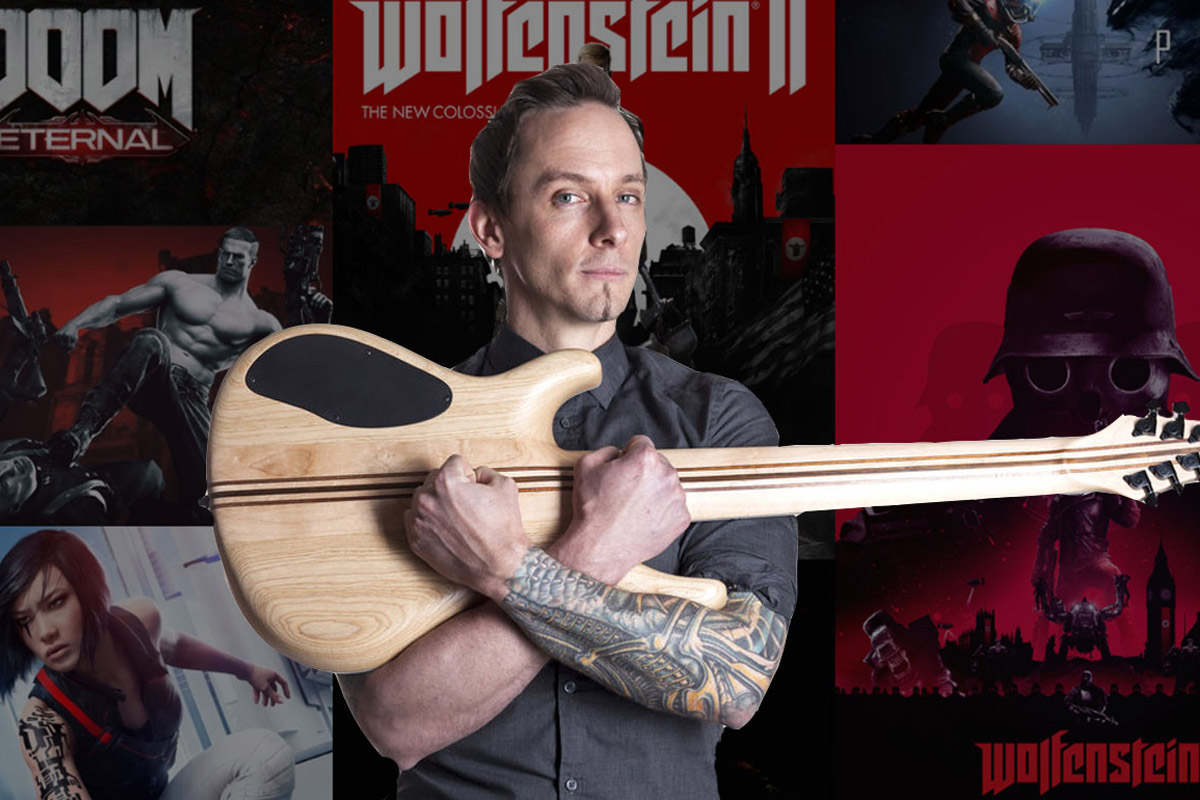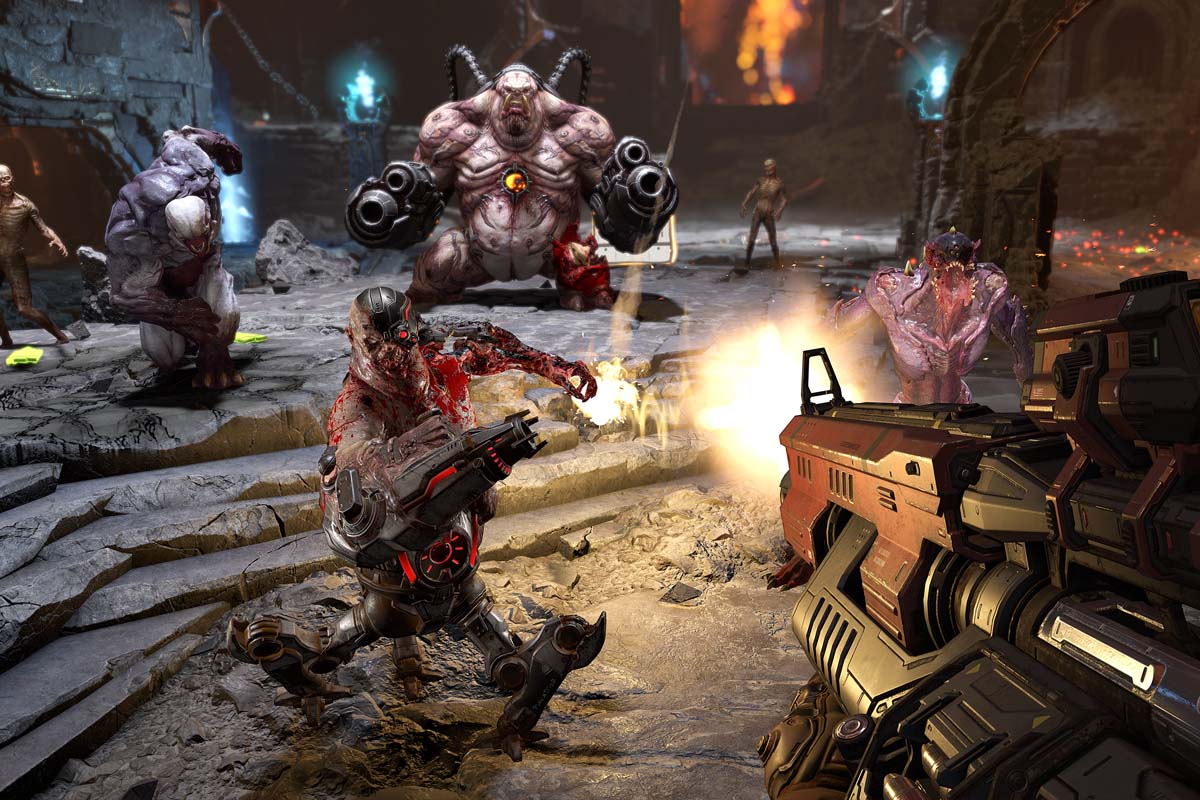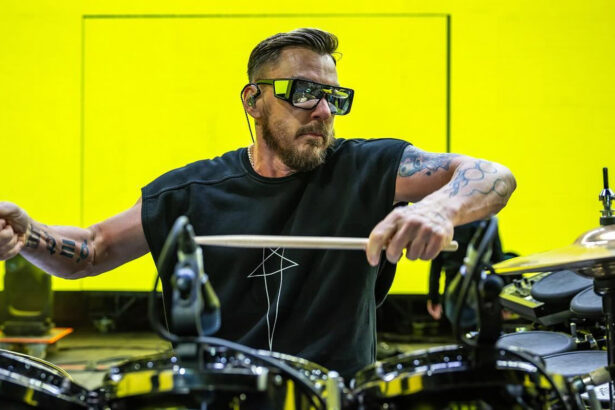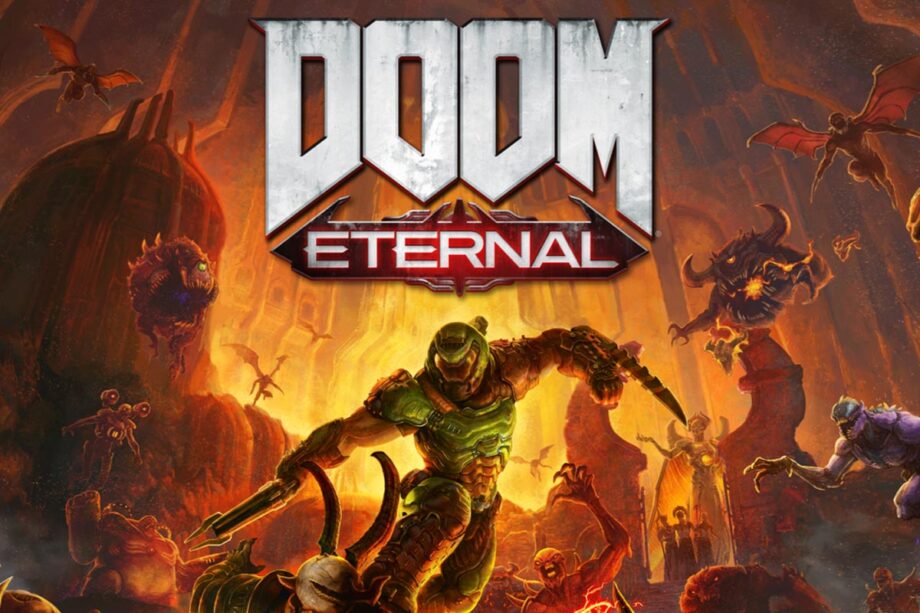When ‘Doom’ (2016) was in development, fans expected a soundtrack packed with heavy guitars, just like the original game’s thrash metal-inspired music. But there was one problem — id Software and Bethesda didn’t want metal at all.
Composer Mick Gordon slowly worked metal into the soundtrack despite this rule and created one of the most intense game scores ever. According to what he told to PCGamer, here’s how it all happened.
The Rule: No Metal Allowed

Before ‘Doom’ (2016) was released, Bethesda and id Software had a strict rule: no metal in the soundtrack. They wanted something different from the original games. Their idea was to use only synthesizers and avoiding guitars completely.
The main concern was that metal might feel corny or take away from the game’s violent, fast-paced experience. The team wanted the music to match Doom’s brutal combat, but they feared that a metal soundtrack might not feel serious enough.
Who Is Mick Gordon?

Mick Gordon was already well-known in the gaming industry. He worked on the music for ‘Wolfenstein: The New Order,’ ‘Killer Instinct,’ and ‘Need for Speed’ among other games. Instead of just writing music for ‘Doom’ (2016), Gordon focused on sound design. He wanted to break down different styles of music and mix them into something new.
Starting With Synths, Then Adding Guitars
Gordon followed the no-metal rule at first. He worked only with synths and electronic sounds. The soundtrack had no guitars at all for about six to nine months.
He started convincing the team to let him add small amounts of guitar over time. He said, “After a while, I started going, “You know what, guys… if we can add five percent guitar in here, everybody will love it.” First, it was just 5%, then 10%, then 15%. The metal elements eventually became a major part of the soundtrack.
Why The Music Fit Doom’s Gameplay

‘Doom‘ (2016) was designed to be fast, aggressive, and focused on movement. Unlike many modern shooters that rely on cover-based combat, Doom encouraged players to run, jump, and attack nonstop.
Gordon built the music around this feeling. He looked at what made metal work instead of just writing metal songs: fast tempos, heavy guitars, and pounding drums. He combined these with industrial elements like distorted synths and repetitive beats to match the game’s futuristic setting on Mars.
Not Just A ‘90s Metal Throwback
Gordon thought fans expected Doom’s music to be a tribute to ‘90s thrash metal, like the original game’s soundtrack. But he wanted to avoid making something that felt too familiar.
He took apart different elements of metal and industrial music, then rebuilt them in a way that fit the game. This approach made the soundtrack stand out instead of just being a remake of something that already existed.
‘Doom’ (2016) wasn’t supposed to have metal, but it ended up with one of the most metal-inspired soundtracks in gaming.
The soundtrack won awards at The Game Awards, DICE Awards, SXSW, The Game Developer’s Choice Awards, and the BAFTAs. Today, it’s still considered one of the best video game soundtracks of the past decade.





